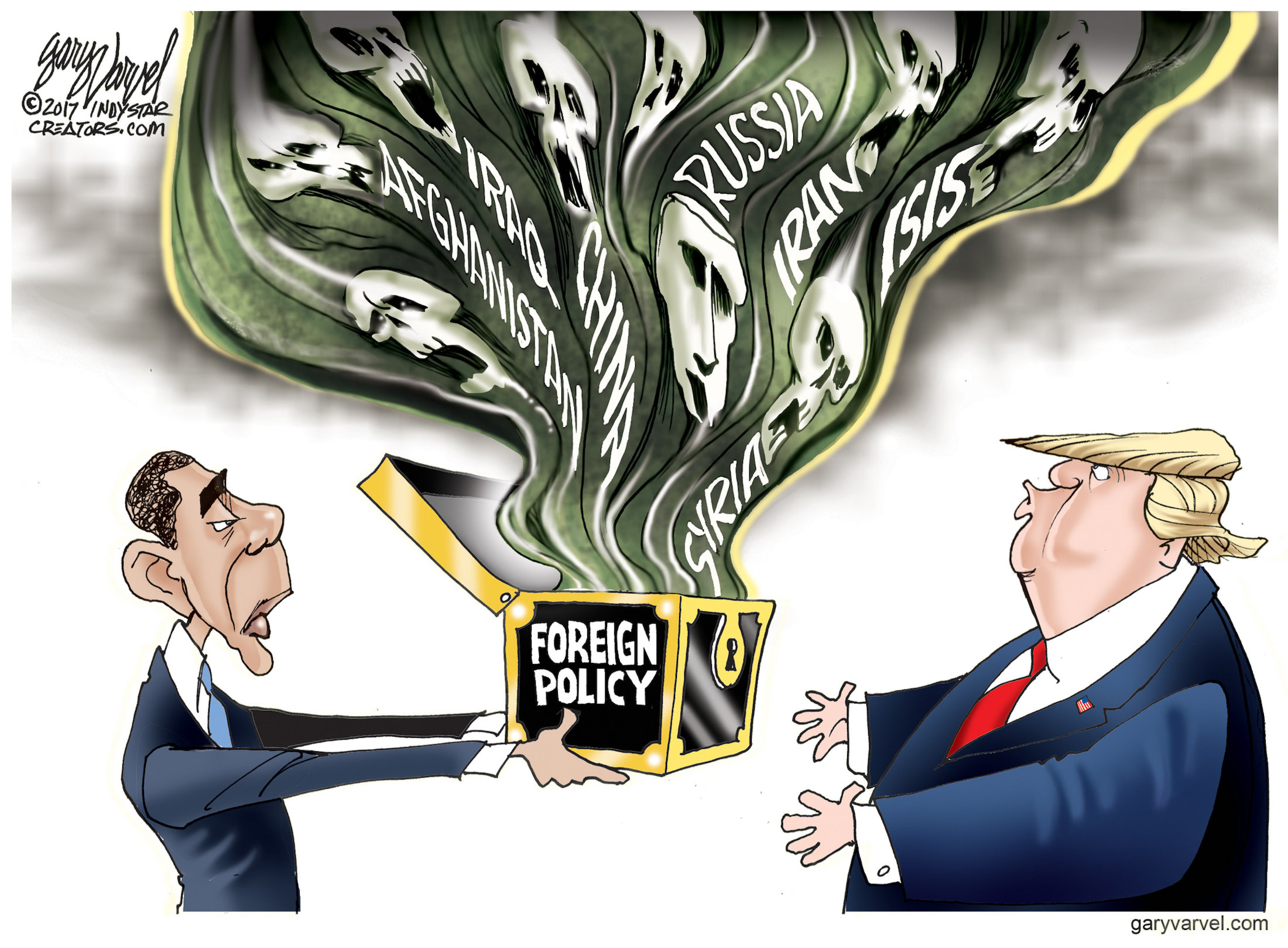
America's Foreign Policy: Putting America First
In the wake of sweeping changes to America's foreign policy under the "America First" doctrine, a complex web of challenges and opportunities has emerged, prompting a critical examination of its implications. This article delves into the intricacies of "Putting America First," analyzing its multidimensional aspects, diverse perspectives, and potential consequences.
The Core Principles
The "America First" doctrine emphasizes prioritizing the interests of the United States over those of other nations. It advocates for withdrawing from international agreements, reducing military presence abroad, and focusing on domestic economic initiatives. Proponents argue that this approach enables America to assert its sovereignty, reduce its global commitments, and allocate resources more effectively within its borders.
Economic and Military Implications
The economic implications of "America First" are multifaceted. While it may lead to increased domestic investment and job creation in the short term, it has the potential to disrupt global trade and supply chains, particularly with countries that have traditionally been close allies. Additionally, reducing military presence abroad could create power vacuums that adversaries could exploit, undermining stability in strategic regions.
Diplomatic Challenges
The diplomatic implications of "America First" are equally complex. Withdrawing from international agreements and organizations weakens the nation's influence in global affairs. It may also damage relationships with allies who perceive the United States as less reliable and less willing to cooperate. This could lead to isolationism and reduced access to foreign markets and resources.
Multipolar Consequences
The "America First" doctrine has the potential to reshape the global balance of power. By reducing its global commitments, the United States could create opportunities for other nations, such as China and Russia, to increase their influence. This could lead to a more multipolar world order, with multiple centers of power competing for dominance.
Alternative Perspectives
Critics of the "America First" doctrine contend that it is shortsighted and ultimately harmful to the United States. They argue that international cooperation is essential for addressing global challenges such as climate change, terrorism, and nuclear proliferation. They also believe that withdrawing from the global stage could damage America's reputation and undermine its long-term security.
Supporting Arguments
Proponents of "America First" point to the need for the United States to focus on its own problems rather than being dragged into foreign conflicts and entanglements. They argue that America has spent trillions of dollars on foreign aid and military interventions with little to show for it. They also contend that international organizations are often ineffective and bureaucratic, hindering progress rather than promoting it.
Balancing Competing Interests
The complexities of "America First" require policymakers to carefully balance competing interests. While it is important to prioritize domestic concerns, the United States must also consider its long-term security and its role in the global community. Finding the right balance is essential for safeguarding America's interests while ensuring its continued prosperity and influence.
Conclusion
The "America First" doctrine is a transformative approach to America's foreign policy that presents both opportunities and challenges. Its economic and military implications are far-reaching, its diplomatic ramifications are complex, and its potential consequences for the global balance of power are profound. While it is crucial to prioritize America's interests, policymakers must proceed with caution, considering the broader implications of their actions and the need for international cooperation in addressing global challenges. The ultimate success of "Putting America First" will depend on its ability to strike a delicate balance between national sovereignty and global engagement.

0 Comments: